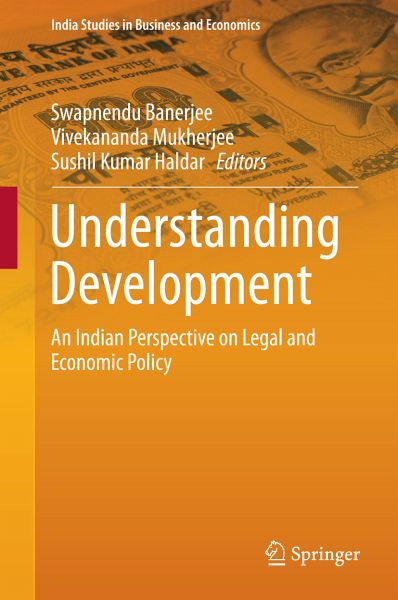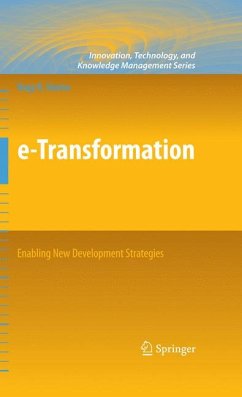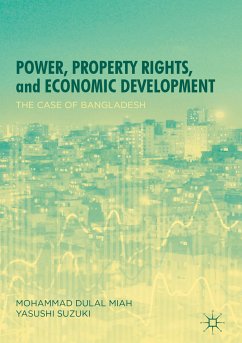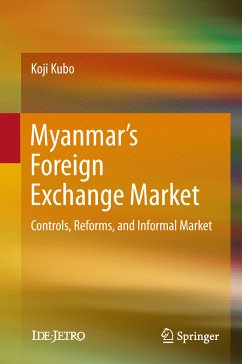
Understanding Development (eBook, PDF)
An Indian Perspective on Legal and Economic Policy
Redaktion: Banerjee, Swapnendu; Haldar, Sushil Kumar; Mukherjee, Vivekananda
Versandkostenfrei!
Sofort per Download lieferbar
40,95 €
inkl. MwSt.
Weitere Ausgaben:

PAYBACK Punkte
20 °P sammeln!
This book addresses topical development issues in India, ranging from land acquisition, poverty alleviation programs, labor market issues, the public-private partnership (PPP) model and fiscal federalism. It offers an Indian perspective on the dynamics of economic development and the impact the country's legal and public policies have on it. Economic development is a dynamic concept - old problems are solved, while at the same time new issues come to the fore. The emergence of these issues is unique to the development experience of an economy. The book includes sixteen recent contributions and...
This book addresses topical development issues in India, ranging from land acquisition, poverty alleviation programs, labor market issues, the public-private partnership (PPP) model and fiscal federalism. It offers an Indian perspective on the dynamics of economic development and the impact the country's legal and public policies have on it. Economic development is a dynamic concept - old problems are solved, while at the same time new issues come to the fore. The emergence of these issues is unique to the development experience of an economy. The book includes sixteen recent contributions and is divided into four sections: law and contract; trade and foreign aid; issues in public economics; and the social sector and poverty alleviation. The chapters reflect on a number of development issues which were of concern for India in the recent past and will be important in her future development initiatives such as land acquisition, agricultural productivity, employment, protection of intellectual property rights, corruption, public-private partnership, regional development, poverty alleviations programs like the National Rural Employment Guarantee Act (NREGA) and the training of self-help group members, health and education of women, to name a few. The book is a valuable reference resource for policy practitioners and researchers working on the economics of development with special focus on developing economies.
Dieser Download kann aus rechtlichen Gründen nur mit Rechnungsadresse in A, B, BG, CY, CZ, D, DK, EW, E, FIN, F, GR, HR, H, IRL, I, LT, L, LR, M, NL, PL, P, R, S, SLO, SK ausgeliefert werden.












